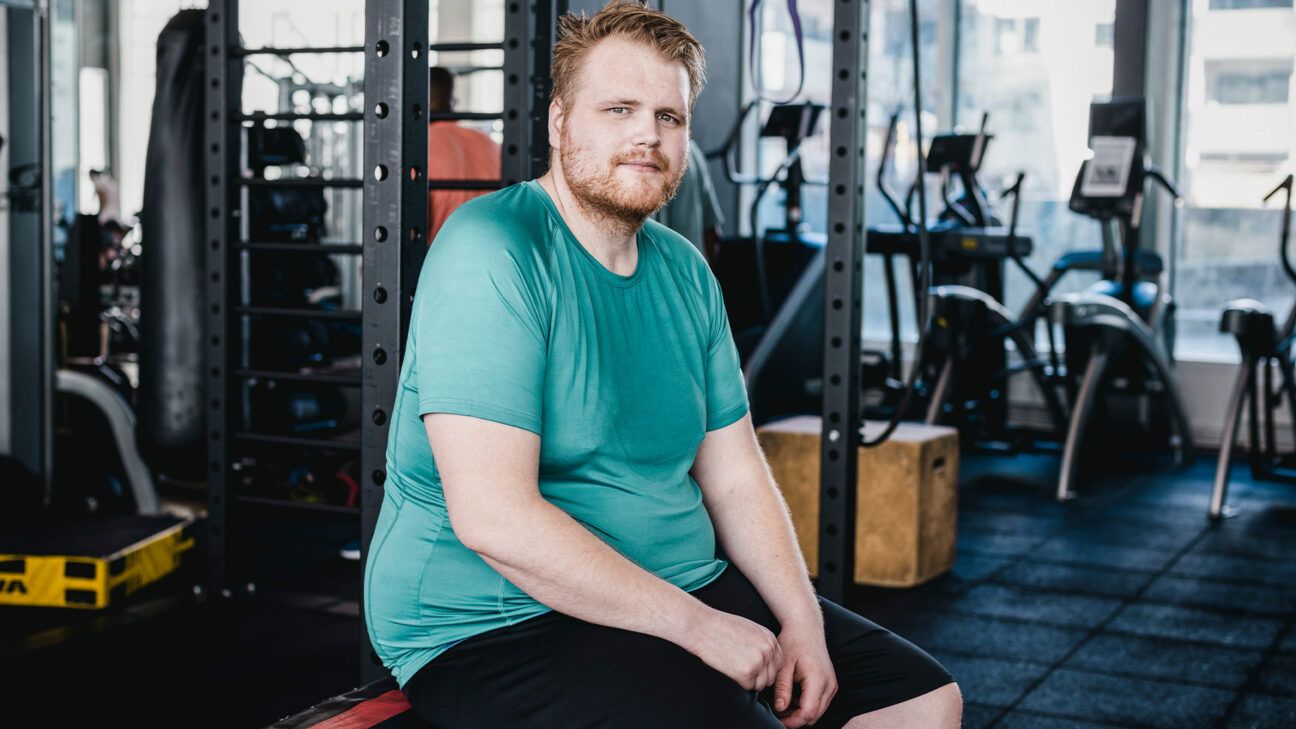
- An experimental GLP-1 weight loss drug developed by Viking Therapeutics showed promising results in a mid-stage clinical trial.
- The drug is a dual GLP-1/GIP receptor agonist, which like Zepbound and Mounjaro, mimics the actions of two hormones.
- Additional clinical trials are needed to test the safety and effectiveness of the drug in a larger, more diverse group of people before it can be approved by the FDA.
Biopharma company Viking Therapeutics released promising initial results on Feb. 27 from a mid-stage clinical trial for its experimental weight loss drug.
The phase 2 trial followed 176 adults who have obesity or overweight. Researchers randomly assigned people to receive one of four doses of the test drug, VK2734, or an inactive placebo.
After 13 weeks, people in the clinical trial who received weekly injections of the drug lost up to 14.7% of their body weight from baseline on average, the company said in a statement.
When researchers adjusted for the amount of weight lost by people in the placebo group, those receiving the drug lost 13.1% of their body weight.
“These results are similar to tirzepatide [Zepbound, Mounjaro], which is already on the market. So it’s promising that [Viking has] developed a similar drug that has good results,” said Dr. Mir Ali, bariatric surgeon and medical director of MemorialCare Surgical Weight Loss Center at Orange Coast Medical Center in Fountain Valley, Calif.
Ali was not involved in the new research.
Why the drug isn’t going to compete with Mounjaro yet
Researchers also found that up to 88% of people who received the drug lost 10% or more of their weight, compared with 4% of people who received the placebo.
In addition, “no evidence of a plateau was observed” after 13 weeks among people receiving the drug, said Brian Lian, PhD, chief executive officer of Viking, in the statement, “suggesting further weight loss might be achieved” from longer treatment periods.
The results have not been published yet in a peer-reviewed journal, so they should be viewed with caution.
Strong demand for currently approved weight loss drugs such as Novo Nordisk’s Wegovy and Eli Lilly’s Zepbound have made them hard to find. Having another option on the market might relieve some of that demand.
“The issue that consumers are running into is a shortage of these medications,” Ali told Healthline. “So if there are more options to get this type of medication, I think that would be helpful.”
However, phase 3 clinical trials will be needed before the company can apply for regulatory approval of its drug. These studies will examine the effectiveness and safety of the drug in a larger, more diverse group of people.
The company plans to meet with the Food and Drug Administration (FDA) to discuss the next steps for the development of VK2735, reports CNBC.
The company also plans to report on the results of an early-stage clinical trial by the end of this month for an oral version of the drug, it said in the release.
New drug has similar side effects as Zepbound and Wegovy
The results of Viking’s phase 2 trial show that the drug was well-tolerated. The majority of adverse events that occurred in people who received the drug were mild or moderate, the company reported.
Gastrointestinal side effects were most common. These included nausea, vomiting, diarrhea and constipation, which commonly occur with GLP-1 drugs. Some people also experienced loss of appetite.
Among people who received the drug, 13% discontinued treatment early, compared to 14% in the placebo group.
Ali said the side effects seen in the trial are similar to what his patients experience when taking other weight loss medications, pointing out that in the study, the side effects occurred more frequently at higher doses of the drug.
However, “what we’ve found in our practice is side effects tend to resolve with time, as patients adapt to the drug,” he said.
Viking’s drug belongs to a class of medications called dual GLP-1/GIP receptor agonists. It mimics the action of two hormones — glucagon-like peptide 1 (GLP-1) and glucose-dependent insulinotropic polypeptide (GIP).
These are the same hormones targeted by Eli Lilly’s weight loss drug Zepbound and diabetes drug Mounjaro.
Drugs such as Wegovy, Ozempic, and Rybelsus — which have semaglutide as the active ingredient — target only the GLP-1 hormone receptor.
While these kinds of drugs can have a dramatic impact on people’s weight, Ali emphasized that, as with bariatric surgery, other approaches are needed alongside these tools.
“The whole goal with these tools is to help the patient change to a healthier diet and lifestyle,” he said. “Then they can maintain long-term success.”
Takeaway
Viking Therapeutics released results from a phase 2 clinical trial for its experimental weight loss drug. People who received weekly injections of the drug lost up to 14.7% of their body weight over 13 weeks, researchers found.
The drug is a GLP-1/GIP receptor agonist, which mimics the actions of two hormones — glucagon-like peptide 1 (GLP-1) and glucose-dependent insulinotropic polypeptide (GIP). Eli Lilly’s weight loss drug Zepbound and diabetes drug Mounjaro are in the same class of drugs.
Larger phase 3 clinical trials will be needed to test the safety and effectiveness of the drug in a more diverse group of people. Viking is in discussions with the FDA on next steps for the development of its drug.
Is This Experimental Drug the New Mounjaro? Why It's Too Early To Tell
Source: Pinoy Lang Sakalam



0 (mga) komento:
Mag-post ng isang Komento